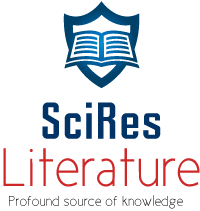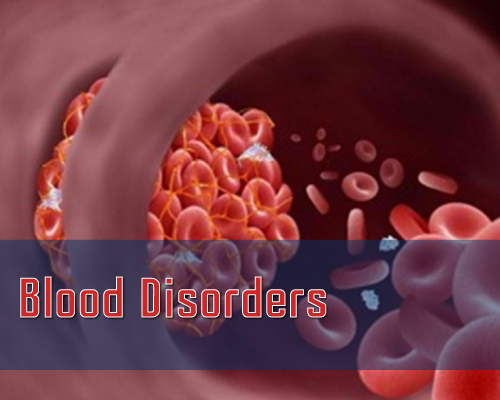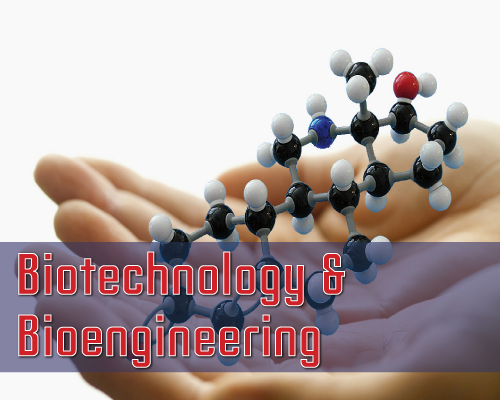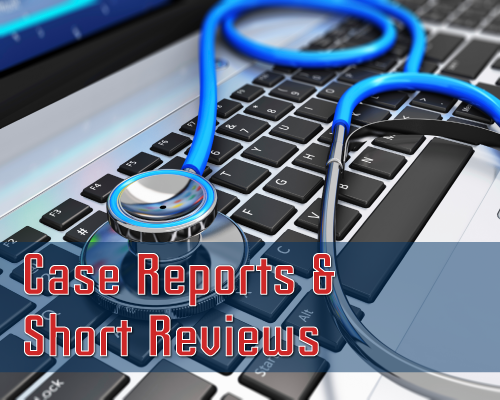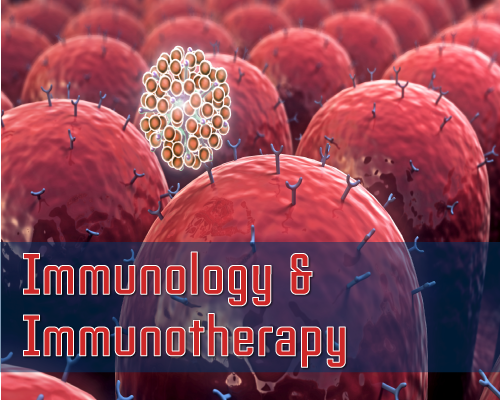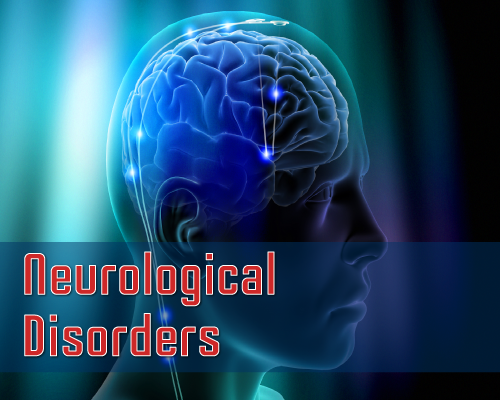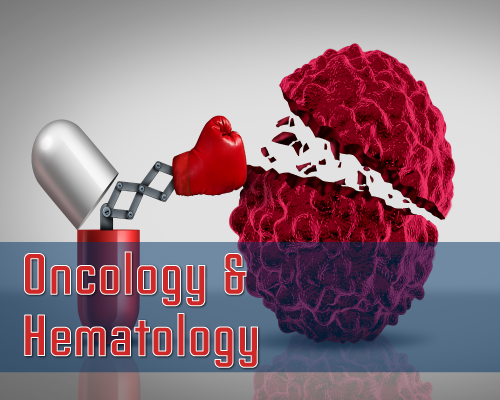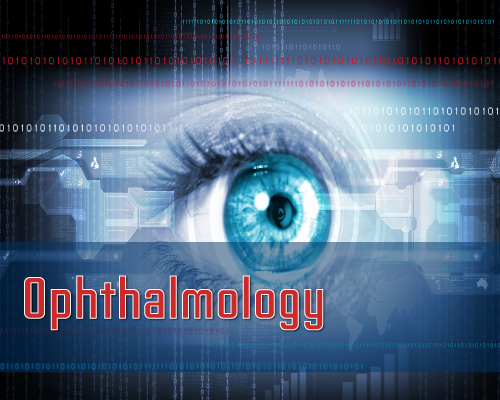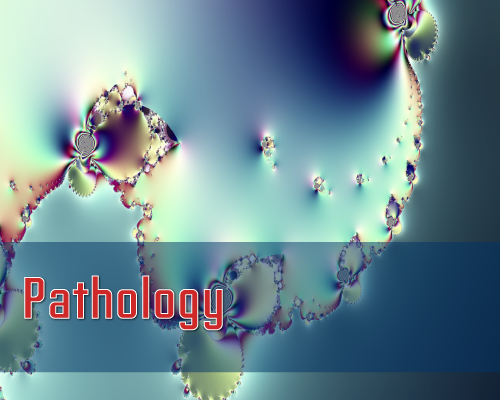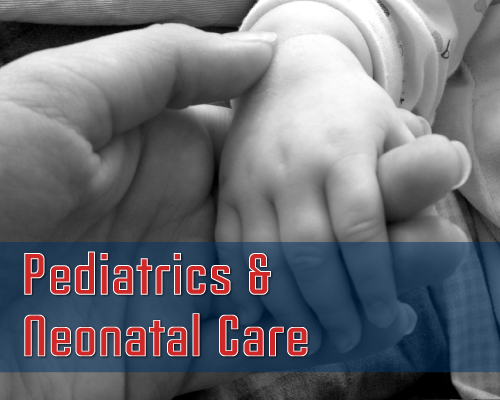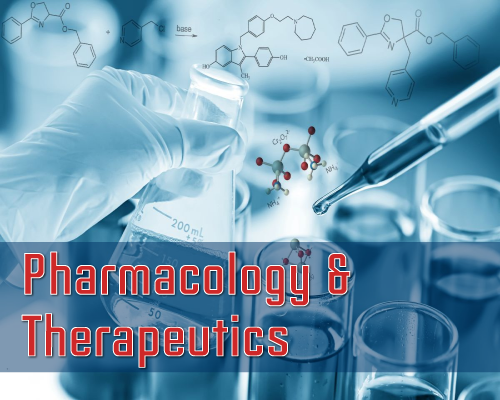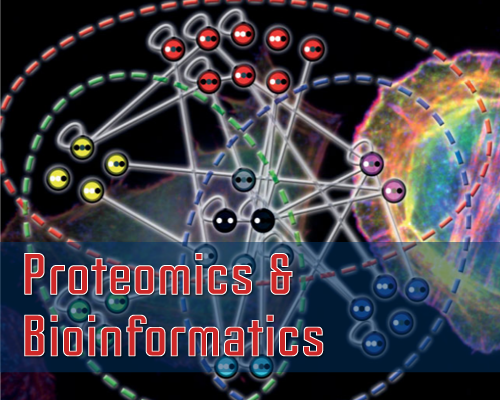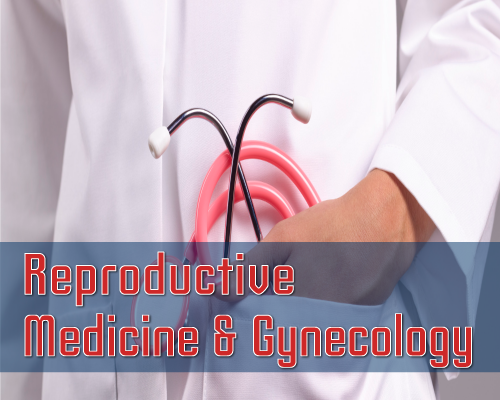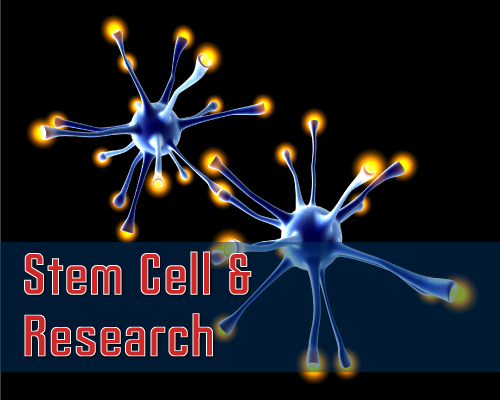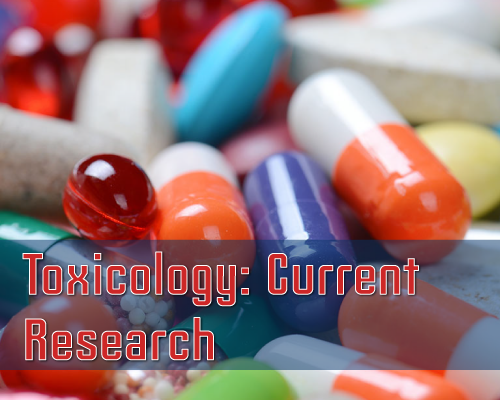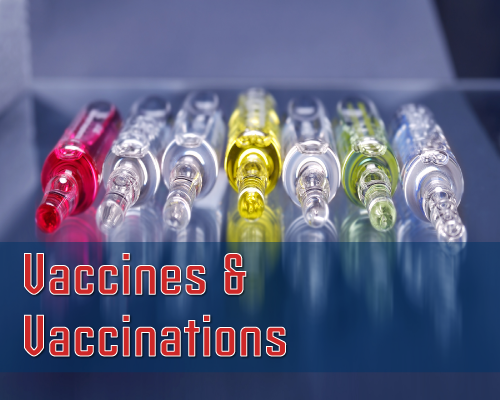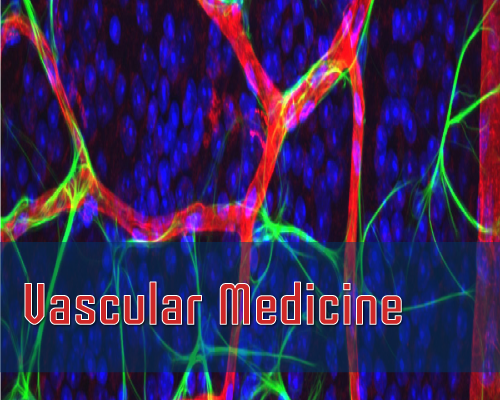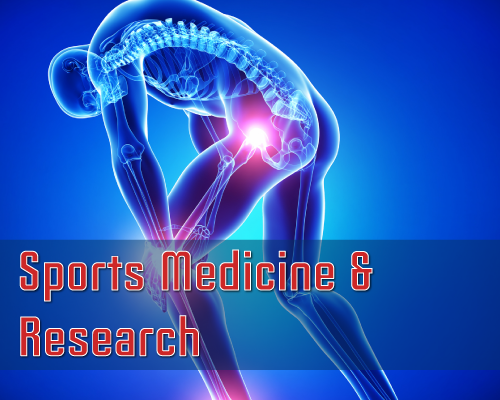Hematology Oncology Department, Clinical Assistant Professor of Medicine, University of Pittsburgh School of Medicine, Veteran Affairs Pittsburgh Healthcare System, USA
*Address for Correspondence: Jocelyn Tan-Shalaby M.D., F.A.C.P., Hematology Oncology Department, Clinical Assistant Professor of Medicine, University of Pittsburgh School of Medicine, Veteran Affairs Pittsburgh Healthcare System, Pittsburgh, Pennsylvania 15240, USA
Dates: Submitted: 01 May, 2016; Approved: 07 June, 2016; Published: 08 June, 2016
Citation this article: Tan-Shalaby J. Ketogenic Diets - Potential Role in Cancer Management. Int J Case Rep Short Rev. 2016;2(1): 001-003
Copyright: © 2016 Tan-Shalaby J. This is an open access article distributed under the Creative Commons Attribution License, which permits unrestricted use, distribution, and reproduction in any medium, provided the original work is properly cited.
Abstract
Existing dietary cancer guidelines focus on maintenance of body weight during cancer treatment. In most cases, there is a push to encourage increased caloric intake, supposedly to counteract the expected weight loss that occurs during cancer treatment. It is perceived that the chemotherapy and/or radiotherapy will increase weight loss in an already catabolic state, and by increasing caloric intake one might somehow maintain health and improve resistance to infection. For years, nutritionists advise patients to increase their caloric food intake and to gain more weight. Despite the strong push,little firm evidence exists to support this way of thinking. There is emerging evidence that dietary changes contrary to this approach can significantly affect cancer growth and metastases.
The genetic theory of carcinogenesis claims that cancers are initiated by specific unique mutations. The race to find the drug that matches these identified mutations is based on the belief that by doing so, the cancer will be cured. Despite a few durable successes [1], the majority of advanced cancers are not cured, and the improvement in lifespan from most newly developed drugs, is often measurable in months. Obviously we have not unlocked the cure for cancer despite the rapid progress in identifying scores of genetic mutations unique to various tumors. Many times we have identified the targeted pathway but the chosen targeted therapy fails to deliver lasting results. Perhaps other untouched pathways exist by which the tumor finds a way to survive? There is much discussion on crosstalk between signaling pathways and their role in tumor survival [2-4]. In recent years, metabolic theories underlying carcinogenesis have attracted renewed attention.
Tumors preferentially use glucose and are unable to use fatty acids and protein as a major source of energy. As a result there is dependence on glycolysis.Cancer cells produce excess lactic acid by way of this upregulated glycolysis.Aside from being an indicator of excess glycolysis, lactic acid also regulates redox homeostasis, promotes angiogenesis and tumor growth [5]. Lactic acidosis leads to a proportionately acidic microenvironment that not only facilitates metastases, but also suppresses the anti-cancer immune response and enables cancers to escape immune related destruction [6].
Glucose and carbohydrates stimulate insulin signaling which leads to insulin receptor binding and subsequently, stimulation of mitogen-activated protein (MAP) kinase and phosphatidylinositol-3-kinase PI3K pathways. Insulin ligands such as insulin growth factor IGF-1 and IGF-2 also bind to their own receptors which lead to increased signaling of the mammalian target of rapamycin (mTOR) and Ras/Raf/mitogen-activated protein kinase/extracellular signal regulated kinase ERK pathways [7,8]. Ultimately this results in increased tumor growth, invasion and metastases. By decreasing glucose and carbohydrate intake, the resulting drop in insulin levels inhibits not only mTOR, phosphoinositide-3-kinase PI3K, and ERK signaling, but downstream of these pathways including hypoxia inducible factor HIF-1α, vascular endothelial growth factor VEGF, and adenosine monophosphate-activated protein kinase AMPK, all of which are currently popular pharmacologic mechanisms of targeted drugs such as bevacizumab, sirolimus, and idelalisib.
Inflammation can increase our risk of developing cancer. Tumor signaling as a result of unbridled inflammation is well described [9-11]. Obesity is linked to many cancers. Obese individuals often have insulin resistance as well as a blunted leptin response. Consequently they have high levels of insulin and leptin, both of which lead to a pro-inflammatory state [12-16]. The ketogenic diet was found to have direct anti-inflammatory effects [17,18]. Will dietary changes that decrease inflammation, and targeting multiple pathways make a more global impact on tumor signaling inhibition?
Caloric restriction, without malnutrition is well known to prolong the lifespan of diverse species [19,20]. Previous in-vitro and animal studies support this inhibitory effect of carbohydrate restriction on cancer growth [17,21]. Several human case studies and safety studies have completed or are currently in progress [7,22-25]. Ketosis as a result of carbohydrate restriction and exogenous ketone supplementation also have direct anti cancer effects [26]. Fine etal found an association between the degree of ketosis and 18F-2-fluoro-2-deoxyglucose tumor uptake as measured by positron emission tomography (PET). Tumor progression had significantly lower relative increases of β-hydroxybutyrate in patients whose tumors progressed at one month compared those with stable or responsive disease by metabolic activity on PET scans. Schmidt etal found that the ketogenic diet was safe even for very advanced cancer patients [27].
The ketogenic diet appears to be safe in cancer patients but can we combine it with chemotherapy or targeted therapies? Can we identify diet-responsive patients using mitochondrial biomarkers such as transketolaseTKL, succinylcoA and insulin growth factor binding proteins? [28-31] Can existing activating protein mutations that will predict for non-response to dietary intervention? Whether this is effective in cases of tumors with metastatic brain lesions where chemotherapy is expected to have poor blood-brain barrier penetration is unknown. There is great potential in boosting these dietary changes in combination with targeted chemotherapy and improving the response rates and survival of many cancers. More studies are urgently needed.
References
-
1.Montagut C, Settleman J. Targeting the RAF-MEK-ERK pathway in cancer therapy. Cancer Lett. 2009;283(2):125-134. http://www.ncbi.nlm.nih.gov/pubmed/19217204.
2.Paul I, Bhattacharya S, Chatterjee A, Ghosh MK. Current Understanding on EGFR and Wnt/β-Catenin Signaling in Glioma and Their Possible Crosstalk. Genes Cancer. 2013;4(11-12):427-446. doi:10.1177/1947601913503341.
3.Mendoza MC, Er EE, Blenis J. The Ras-ERK and PI3K-mTOR pathways: Cross-talk and compensation. Trends Biochem Sci. 2011;36(6):320-328. doi:10.1016/j.tibs.2011.03.006.
4.Hu T, Li C. Convergence between Wnt-β-catenin and EGFR signaling in cancer. Mol Cancer. 2010;9:236. doi:10.1186/1476-4598-9-236.
5.Dhup S, Dadhich RK, Porporato PE, Sonveaux P. Multiple Biological Activities of Lactic Acid in Cancer: Influences on Tumor Growth, Angiogenesis and Metastasis. Curr Pharm Des. 2012;18:1319-1330. doi:10.2174/138161212799504902.
6.Choi SYC, Collins CC, Gout PW, Wang Y. Cancer-generated lactic acid: A regulatory, immunosuppressive metabolite? J Pathol. 2013;230(4):350-355. doi:10.1002/path.4218.
7.Fine EJ, Segal-Isaacson CJ, Feinman RD, et al. Targeting insulin inhibition as a metabolic therapy in advanced cancer: A pilot safety and feasibility dietary trial in 10 patients. Nutrition. 2012;28(10):1028-1035. doi:10.1016/j.nut.2012.05.001.
8.Gallagher EJ, LeRoith D. Minireview: IGF, insulin, and cancer. Endocrinology. 2011;152(7):2546-2551. doi:10.1210/en.2011-0231.
9.Hoesel B, Schmid J a. The complexity of NF-?B signaling in inflammation and cancer. Mol Cancer. 2013;12(1):86. doi:10.1101/cshperspect.a000141.
10.Allavena P, Garlanda C, Borrello MG, Sica A, Mantovani A. Pathways connecting inflammation and cancer. Curr Opin Genet Dev. 2008;18(1):3-10. doi:10.1016/j.gde.2008.01.003.
11.Lu H, Ouyang W, Huang C. Inflammation, a key event in cancer development. Mol Cancer Res. 2006;4(4):221-233. doi:10.1158/1541-7786.MCR-05-0261.
12.E KG, SJ F, X W, et al. Leptin and cancer. J Cell Physiol. 2007;207(1):12-22. doi:10.1002/JCP.
13.Gonzalez-Perez RR, Xu Y, Guo S, Watters A, Zhou W, Leibovich SJ. Leptin upregulates VEGF in breast cancer via canonic and non-canonical signalling pathways and NF?B/HIF-1a activation. Cell Signal. 2010;22(9):1350-1362. doi:10.1016/j.cellsig.2010.05.003.
14.Brandon EL, Gu JW, Cantwell L, He Z, Wallace G, Hall JE. Obesity promotes melanoma tumor growth: Role of leptin. Cancer Biol Ther. 2009;8(19):1871-1879. doi:10.4161/cbt.8.19.9650.
15.Park J, Scherer PE. Leptin and cancer: From cancer stem cells to metastasis. Endocr Relat Cancer. 2011;18(4). doi:10.1530/ERC-11-0163.
16.Lindqvist A, De La Cour CD, Stegmark A, Hakanson R, Erlanson-Albertsson C. Overeating of palatable food is associated with blunted leptin and ghrelin responses. Regul Pept. 2005;130(3):123-132. doi:10.1016/j.regpep.2005.05.002.
17.Ruskin DN, Kawamura M, Masino SA. Reduced pain and inflammation in juvenile and adult rats fed a ketogenic diet. PLoS One. 2009;4(12). doi:10.1371/journal.pone.0008349.
18.Dupuis N, Curatolo N, Benoist JF, Auvin S. Ketogenic diet exhibits anti-inflammatory properties. Epilepsia. 2015;56(7):e95-e98. doi:10.1111/epi.13038.
19.Anton S, Leeuwenburgh C. Fasting or caloric restriction for healthy aging. Exp Gerontol. 2013;48(10):1003-1005. doi:10.1016/j.exger.2013.04.011.
20.Colman RJ, Anderson RM, Johnson SC, et al. Caloric Restriction Delays Disease Onset and Mortality in Rhesus Monkeys. Science (80- ). 2009;325(10 July):201-204. doi:10.1126/science.1173635.
21.Otto C, Kaemmerer U, Illert B, et al. Growth of human gastric cancer cells in nude mice is delayed by a ketogenic diet supplemented with omega-3 fatty acids and medium-chain triglycerides. BMC Cancer VO - 8. 2008;(122). http://ezproxy.leedsbeckett.ac.uk/login?url=http://search.ebscohost.com/login.aspx?direct=true&db=edsgao&AN=edsgcl.179630762&site=eds-live&scope=site.
22.Klement RJ, Champ CE. Calories, carbohydrates, and cancer therapy with radiation: Exploiting the five R's through dietary manipulation. Cancer Metastasis Rev. 2014;33(1):217-229. doi:10.1007/s10555-014-9495-3.
23.Woolf EC, Scheck AC. The Ketogenic Diet for the Treatment of Malignant Glioma. J Lipid Res. 2014;56:1-19. doi:10.1194/jlr.R046797.
24.Schwartz K, Chang HT, Nikolai M, et al. Treatment of glioma patients with ketogenic diets: report of two cases treated with an IRB-approved energy-restricted ketogenic diet protocol and review of the literature. Cancer Metab. 2015;3:3. doi:10.1186/s40170-015-0129-1.
25.Nebeling LC, Miraldi F, Shurin SB, Lerner E. Effects of a Ketogenic Diet on Tumor Metabolism and Nutritional Status in Pediatric Oncology Patients: Two Case Reports. Journal of the American College of Nutrition 14, 202-208 (1995). doi:10.1080/07315724.1995.10718495.
26.Poff AM, Ari C, Arnold P, Seyfried TN, D'Agostino DP. Ketone supplementation decreases tumor cell viability and prolongs survival of mice with metastatic cancer. Int J Cancer. 2014;135(7). doi:10.1002/ijc.28809.
27.Schmidt M, Pfetzer N, Schwab M, Strauss I, Kammerer U. Effects of a ketogenic diet on the quality of life in 16 patients with advanced cancer: A pilot trial. Nutr Metab (Lond). 2011;8(1):54. doi:10.1186/1743-7075-8-54.
28.Langbein S, Zerilli M, zur Hausen A, et al. Expression of transketolase TKTL1 predicts colon and urothelial cancer patient survival: Warburg effect reinterpreted. Br J Cancer. 2006;94(4):578-585. doi:10.1038/sj.bjc.6602962.
29.Mayer A, Von Wallbrunn A, Vaupel P. Glucose metabolism of malignant cells is not regulated by transketolase-like (TKTL)-1. Int J Oncol. 2010;37(2):265-271. doi:10.3892/ijo-0000674.
30.Chang HT, Olson LK, Schwartz KA. Ketolytic and glycolytic enzymatic expression profiles in malignant gliomas: implication for ketogenic diet therapy. Nutr Metab (Lond). 2013;10(1):47. doi:10.1186/1743-7075-10-47.
31.Dewell A, Weidner G, Sumner MD, et al. Relationship of dietary protein and soy isoflavones to serum IGF-1 and IGF binding proteins in the Prostate Cancer Lifestyle Trial. Nutr Cancer. 2007;58(1):35-42. doi:10.1080/01635580701308034.
Authors submit all Proposals and manuscripts via Electronic Form!
